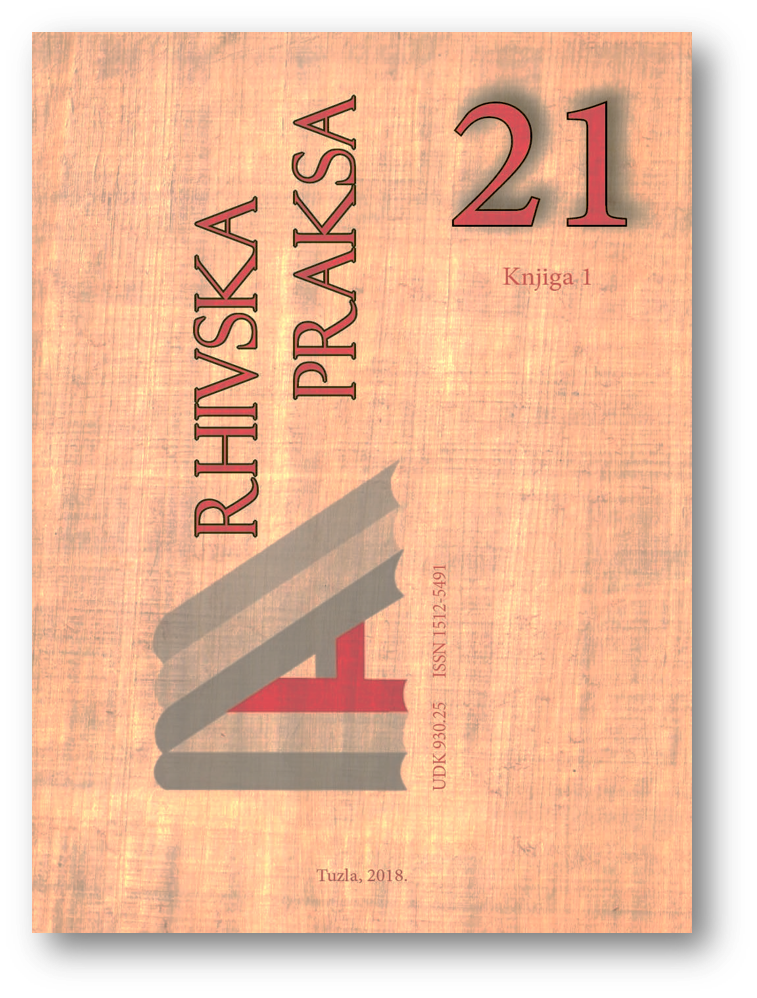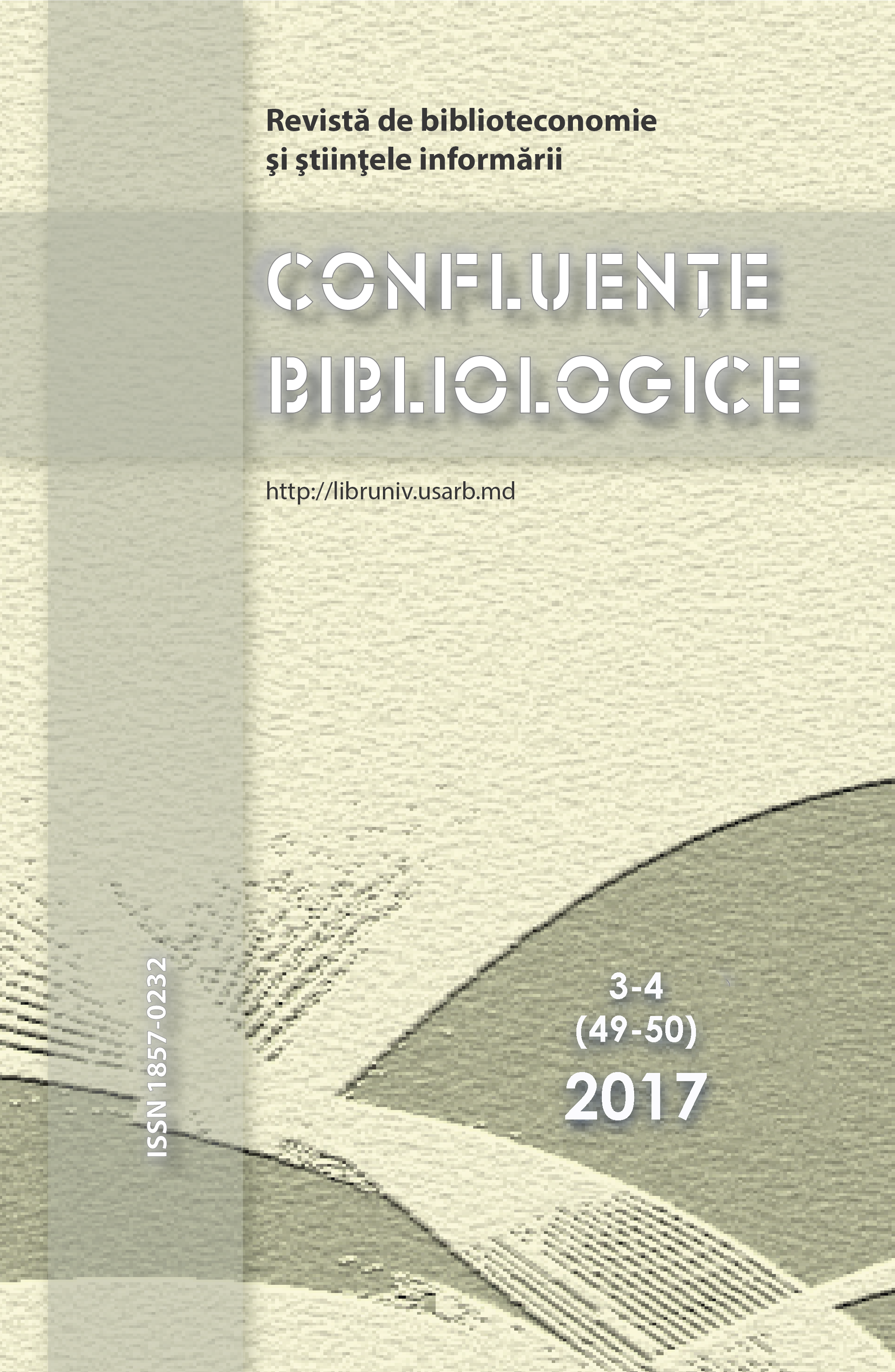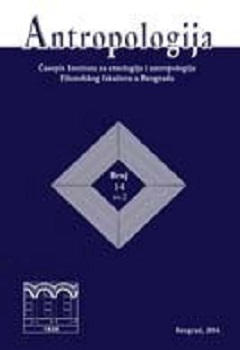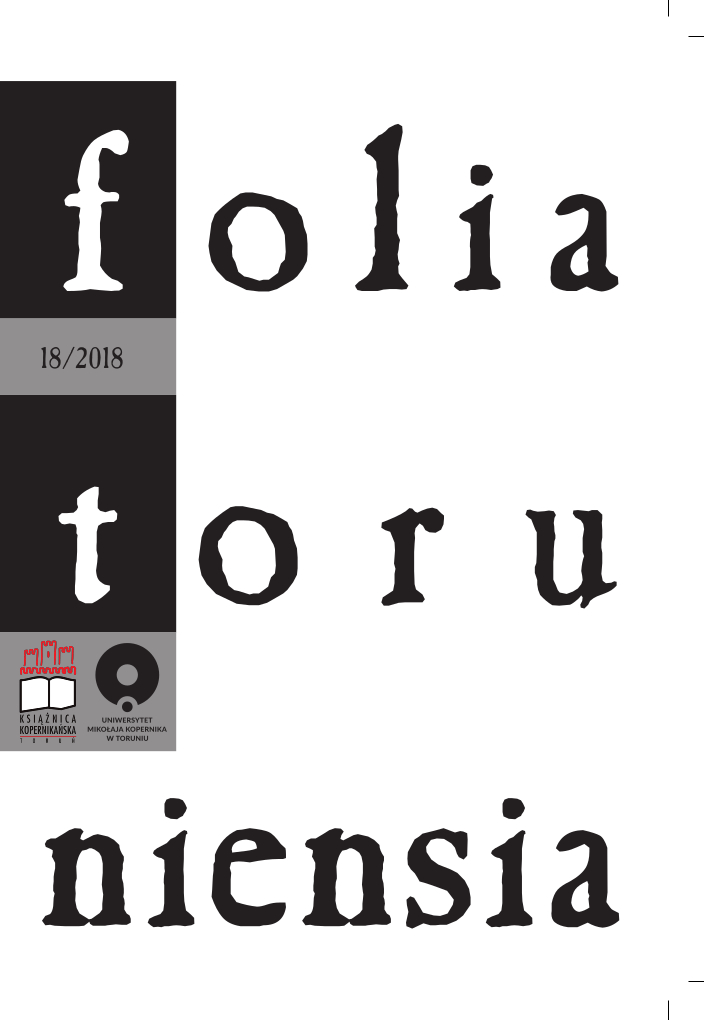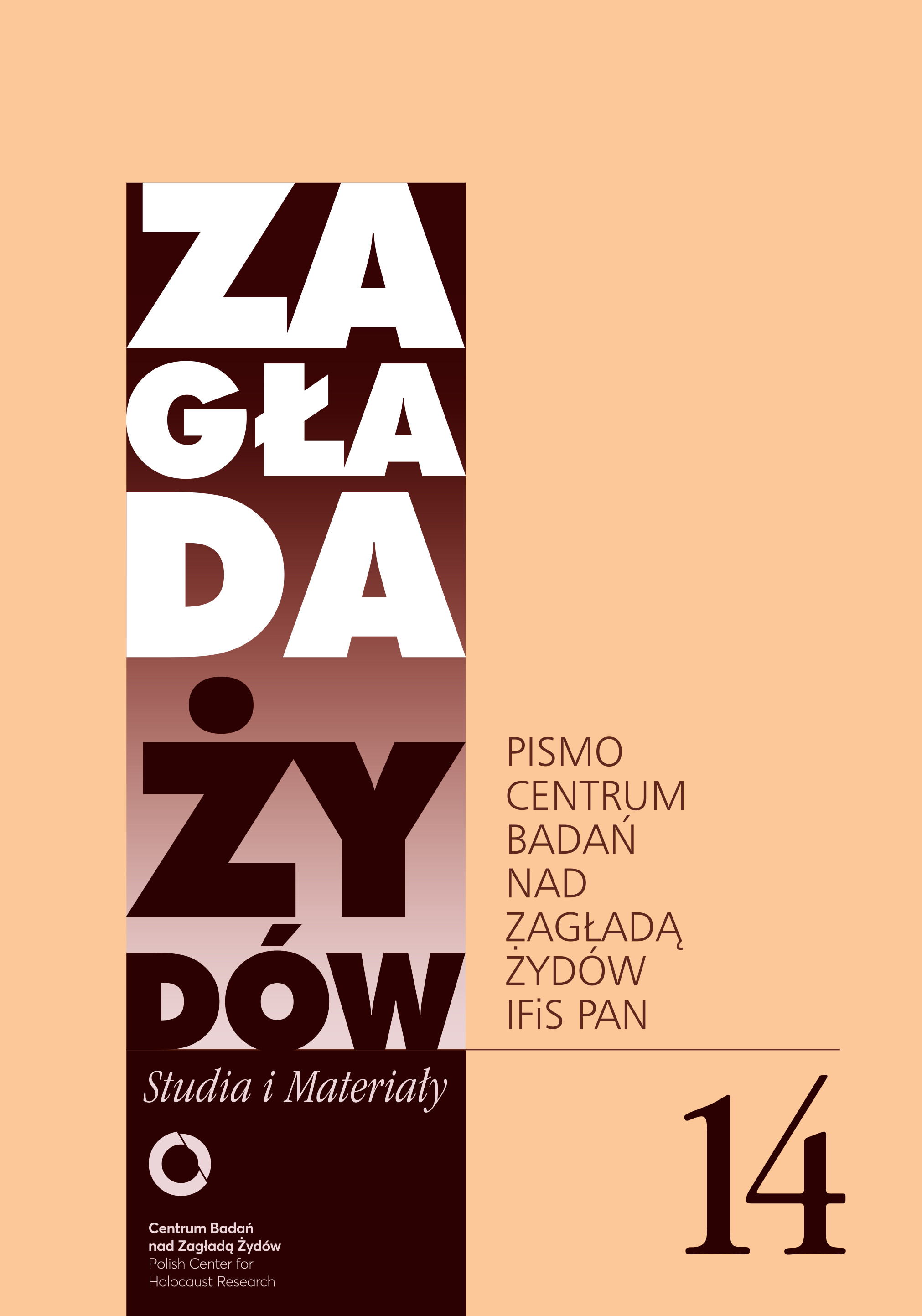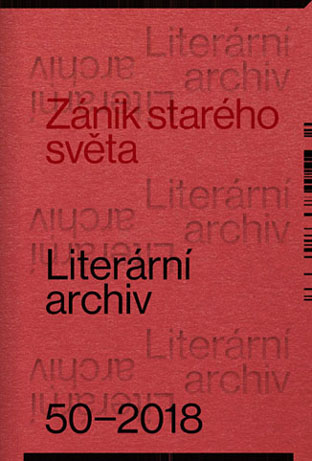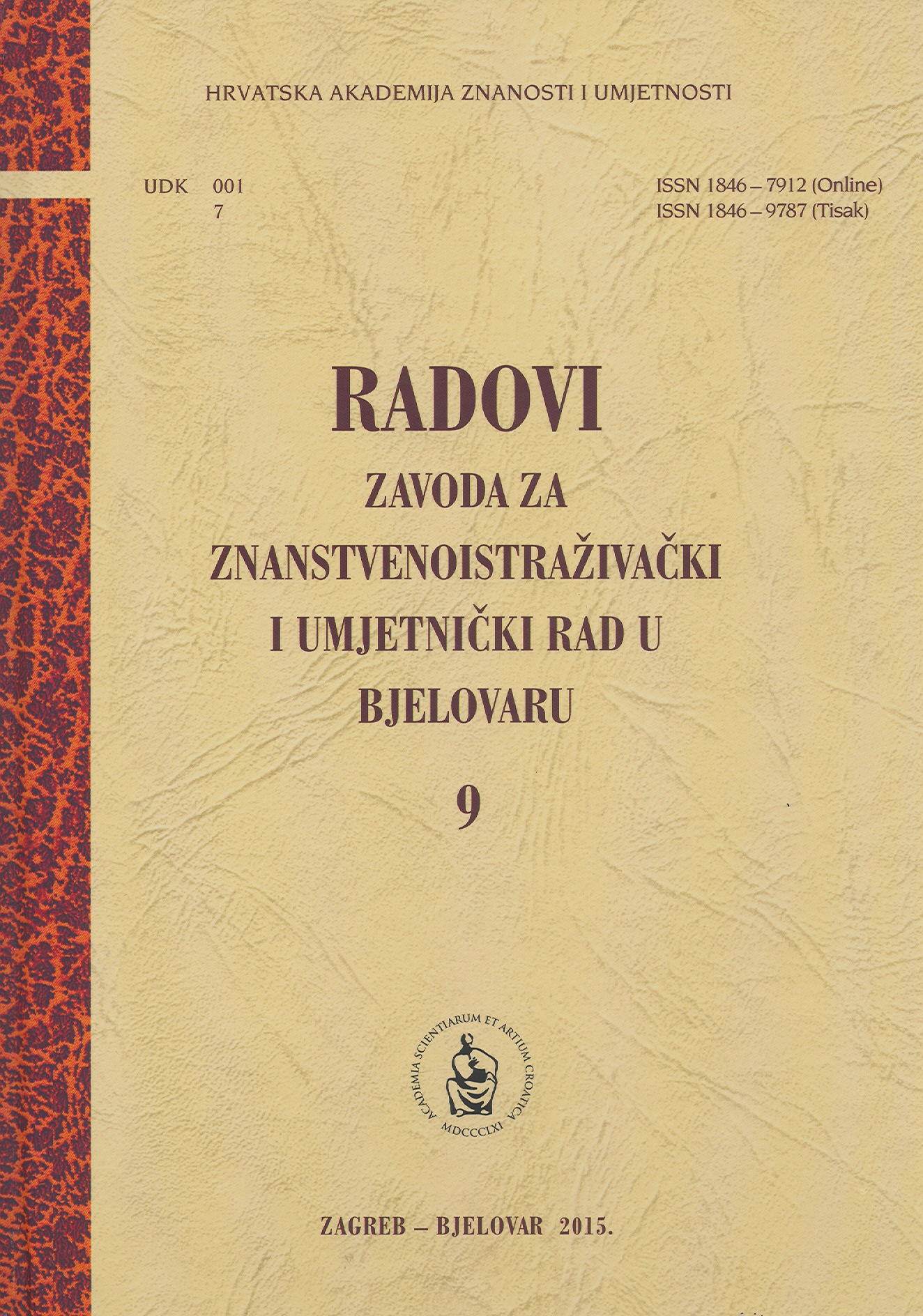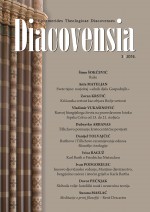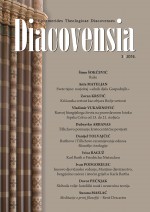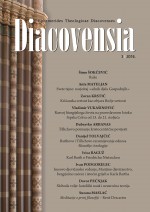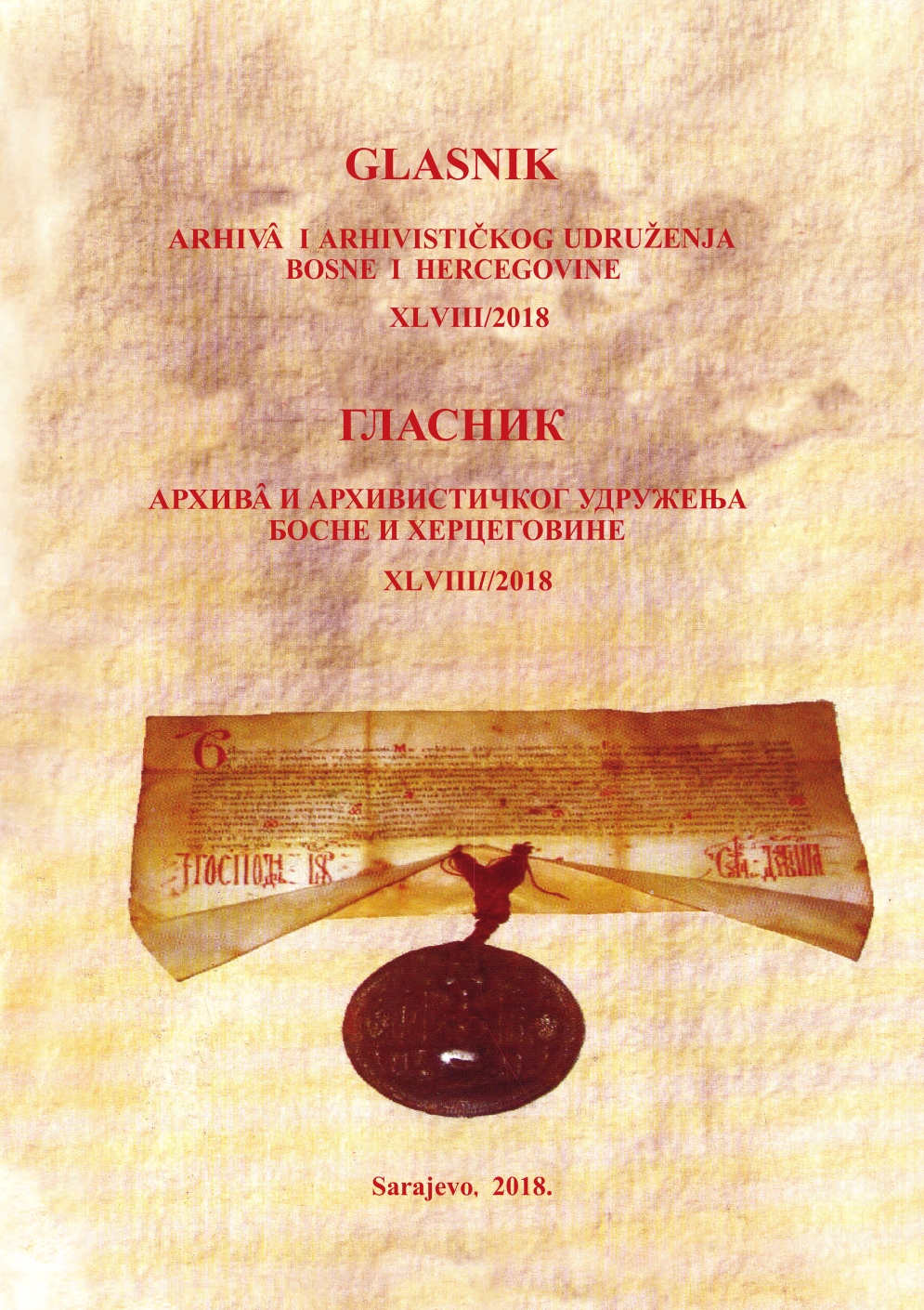Author(s): Omer Bajić / Language(s): Bosnian,Croatian,Serbian
Issue: 21/2018
The paper presents basic data on the Collection of Postal stampsand marks kept in the Historical Archive of Sarajevo, the state of the Collection itself, the arrangement process and the time span it encompasses. In addition tobasic information on the phenomenon of filatelia in the world, the historical development of postal traffic in Sarajevo and Bosnia and Herzegovina from the mid-19th century to the early seventies of the twentieth century will be presented.The collection of postage stamps and trademarks in the Register of HistoricalArchives of Sarajevo is registered under the signature of PMŽ-154. The collection ofpostage stamps and marks was created by the purchase and separation from otherfunds and collections during their processing and arranging. Before the takeover,the collection was in a rather unarranged condition. A part of this rich collectionwas in the archive box and out of boxes in different places in the depots. During theprocessing itself and further research analysis, it was found that this collection wasmainly consisting of the material purchased from Vjekoslav Trbaric who offeredit to the Sarajevo City Archives in 1961, as well as from other fonds during thearchival processing. The collection includes a period from the end of the Ottomanadministration in Bosnia and Herzegovina, the Austro-Hungarian monarchy, theKingdom of the SHS, the Kingdom of Yugoslavia, the First and Second World Waruntil 1961, and relates to Bosnia and Herzegovina and Sarajevo.From the very image of the trademark, stamps, letters and postcards, you can seethe history of a nation, its geographical location, money, celebrities, monuments,architecture, costumes, flora and fauna, cities.
More...
